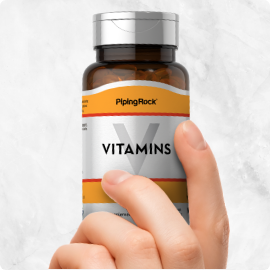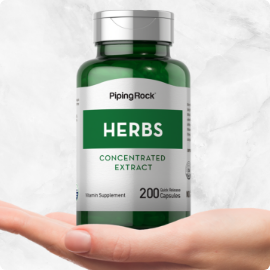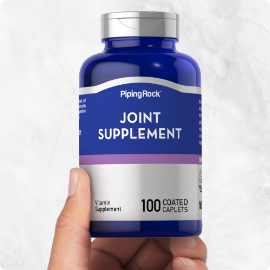Are you interested in becoming a vegetarian? There are many different reasons for making the transition and there are endless options for substitutions and recipes to make your new vegetarian lifestyle easier. But here are some of our favorite tips for getting started:
- Start with red meat: Rather than cutting out all the meat in your diet, we recommend a gradual approach. Consider starting by cutting out red meat for a couple of weeks and then cutting out pork, followed by chicken and then seafood. This is a great way to slowly ease yourself into your new lifestyle and allowing yourself time to find adequate protein sources.
- Consider your current eating habits and find substitutions: We recommend that people considering starting a vegetarian diet do their research, including taking a week to look at what they eat each day for breakfast, lunch, dinner, and their daily snacks – not the meals, but the ingredients. Then to look for vegetarian alternatives and substitutions to make a new list of what you want to stock in your kitchen. For example, you might consider using tofu in your recipe instead of chicken.
- Start with one day a week: Some of us are a big fan of starting by eating vegetarian one day a week to start out before slowly transitioning into making each day vegetarian. Starting “Meatless Monday” in your house is a fun way to experiment with new recipes, try new substitutions, and figuring out what you like.
- Plan ahead and cook ahead: Especially when you’re just starting to practice vegetarianism, planning out your meals and preparing ahead is a great idea. If you’ve been easing into your transition, you might have uncovered a wealth of tasty vegetarian recipes so you can prepare. If you’re able to also prepare a big pot of vegetarian chili or soup and have it in your refrigerator for when you’re hungry and don’t have the time to cook, it will help you avoid reaching for whatever is easiest but not necessarily the best choice for you.
- Finding adequate protein sources: One myth about vegetarians is that they can’t get enough protein. Do your research. Eating a varied diet that includes vegetables, grains, beans, nuts and soy protein can provide you with your requirements for the day if your meals are planned out and portioned correctly. Protein supplementation from plant sources can also be useful for those looking to ensure they get enough protein.
Note: Make sure to check out our Vegetarian Products to support your new lifestyle efforts and get the nutrients your body needs!
PipingRock Empowering Your Health Journey





